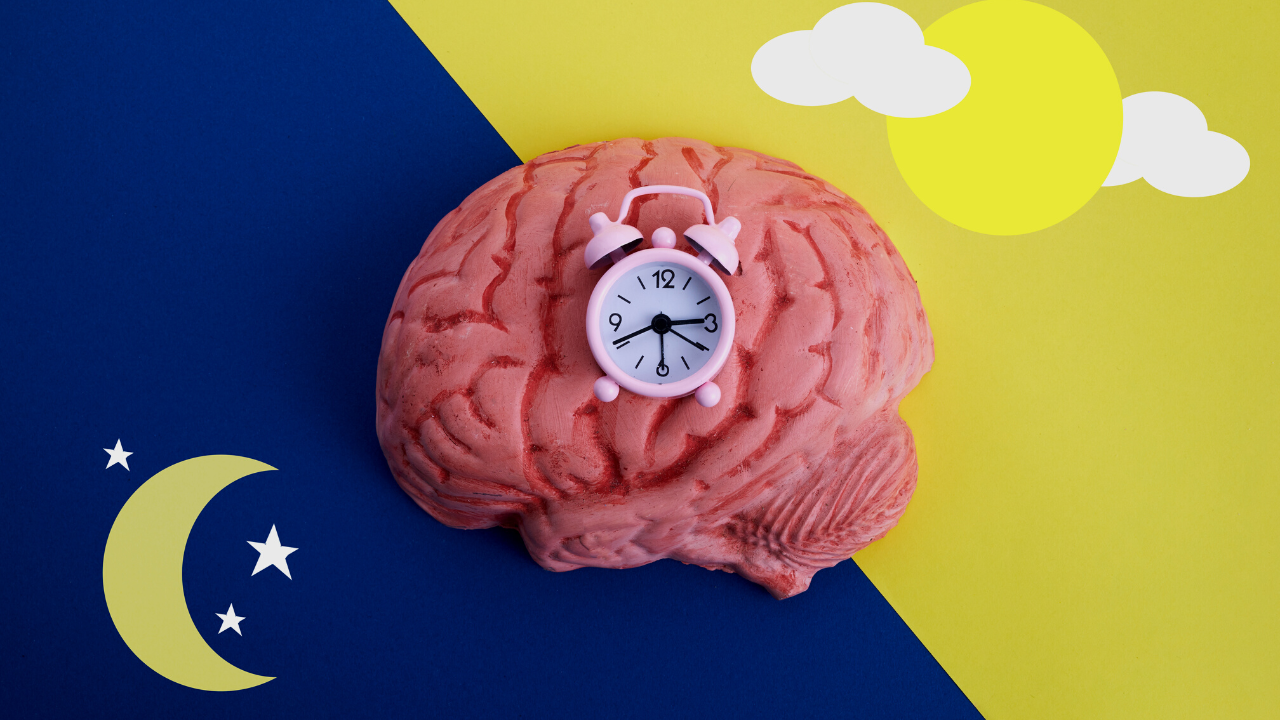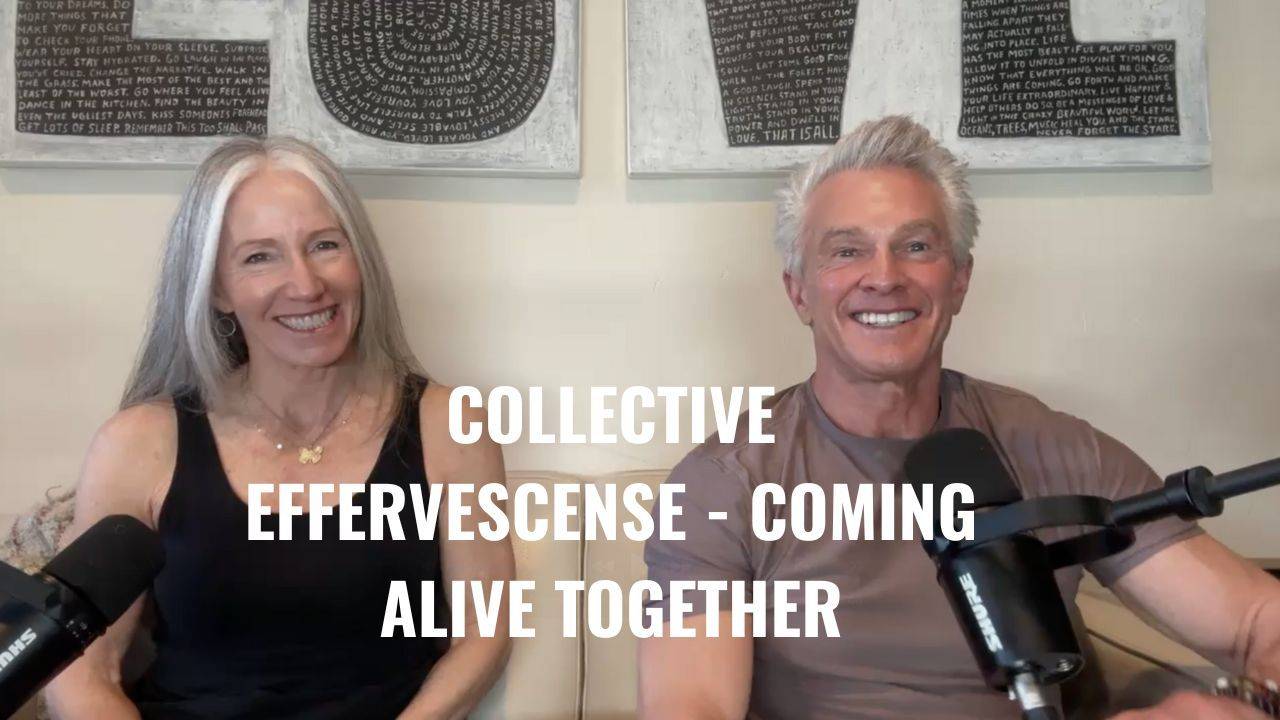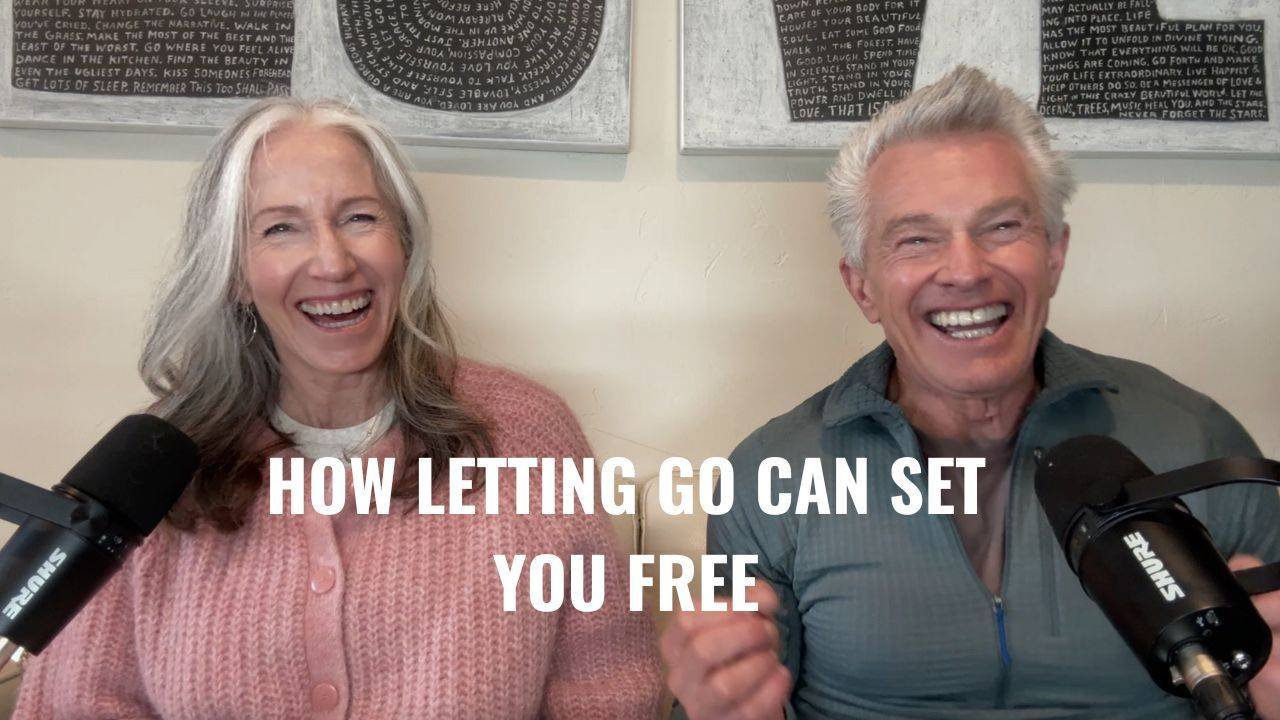What's In a Rhythm?

The Earth's rotation around its axis has an immense influence on our body and behavior. Our biological clock has developed over time to assist us in adapting to alterations in our environment, as well as preparing for changes with regard to radiation levels, temperature fluctuations, and what food is available.
 Our brains have a built-in 24-hour clock known as the circadian rhythm, which monitors and adjusts our levels of alertness or drowsiness based on light changes in our environment. Just recently, in the majestic Rocky Mountains of Colorado, we welcomed (or cursed) Daylight Savings Time (DST) with an hour shift forward on our clocks. I sure felt the change, how about you? One of the big challenges with DST and traveling outside your current time zone is the toll that it takes on our sleep.
Our brains have a built-in 24-hour clock known as the circadian rhythm, which monitors and adjusts our levels of alertness or drowsiness based on light changes in our environment. Just recently, in the majestic Rocky Mountains of Colorado, we welcomed (or cursed) Daylight Savings Time (DST) with an hour shift forward on our clocks. I sure felt the change, how about you? One of the big challenges with DST and traveling outside your current time zone is the toll that it takes on our sleep.
I know we can all agree that getting a good night's sleep is absolutely essential for every being to properly function. When you don't get enough sleep or your sleeping patterns are out of whack, it can have a dramatic effect on critical aspects of your daily life. During sleep, the body functions to consolidate memories, heal and repair wounds, and maintain metabolism. This circadian rhythm affects not only our eating routines, but also digestion, body temperature regulation, hormone production and release, and more. When sleep is disrupted it can lead to many disorders and an inability for us to properly function. An array of chronic health issues are associated with inconsistent circadian rhythms and sleep disorders, including cognitive disorders, increased risk of diabetes, obesity, mood disorders, and symptoms of aging.
When changes such as DST take place, it can sometimes be difficult for us to adjust our internal clock. A disruption in the circadian rhythm can cause a host of physical and psychological issues including reduced alertness, sleep deprivation, mood swings, irritability, and even depression.
To avoid delving into the discussion surrounding Daylight Savings Time (DST) and why only 40% of countries observe it, I'd like to provide some thoughts and tips for adapting to this new timing. By the way, these tips apply to travel outside of your normal time zone at any time of year.
Reduce the amount of caffeine and alcohol consumed to promote better sleep quality at night. If you find yourself having difficulty adjusting your circadian rhythm due to DST or traveling to another time zone, try setting an alarm for when it’s time for bed and when you need to wake up. Also, eat lighter at night. Heavy meals tend to disrupt our rhythm because the body is focused more on digestion than relaxation.
Exposure to natural light helps reset your circadian rhythm; try going outside for a walk during the day and spending some time in the sun. Don't forget that darkness is important too; turn off bright lights at night and avoid staring at screens and blue-light emitting devices such as cell phones or tablets before bedtime.
It is important to give your body time to adjust to the new time. To make the transition easier, try to adjust your sleep pattern little by little in the days and weeks leading up to DST or travel outside your local time zone. Try going to bed 15 minutes earlier each night and waking up 15 minutes earlier each morning until you reach your desired time (or staying up later and waking up earlier, depending on your circumstances and where you may be traveling). Additionally, exercise during the day can help keep your energy levels up, your mood brighter, and help you fall (and remain) asleep more easily.
Some of the most common supplements used to help get your circadian rhythm back on track include: melatonin, l-theanine, CBD/CBN (Cannabidiol/Cannabinol), glycine, 5-HTP, passionflower, magnolia bark, magnesium, and probiotics. This is where I strongly recommend you talk to a qualified health practitioner for guidance using nutraceuticals to enhance your current lifestyle.
I'm not sure if you saw the clip of Jamie Lee Curtis talking about possibly skipping the award shows because they start too late and then advocating for matinee concerts - but oh my, I have been promoting that idea for decades now. Any of you who know me know that I'm up most days between 4 and 4:30 am, and I am a HUGE fan of live music. Why can't they start a little earlier? If you didn't see Jamie Lee's plea, check it out HERE
And one more cool event for those of you in the Denver area. Check out DayBreaker Together Tour for a cool event coming to Red Rocks on April 16. And if you are outside of Denver, check out the DayBreaker.com website for (morning) events happening in your area! This is totally my kind of event!
DIEM
The Immersive Experience
Every day is a fresh opportunity to step into the life you’ve always imagined. But transformation doesn’t happen by chance—it happens by choice. The DIEM system gives you the tools, structure, and support to make that a reality. Don’t wait for the “perfect moment”—start building the life you want today.






